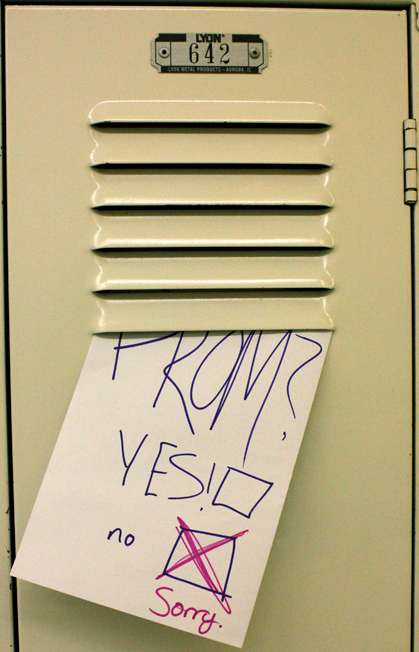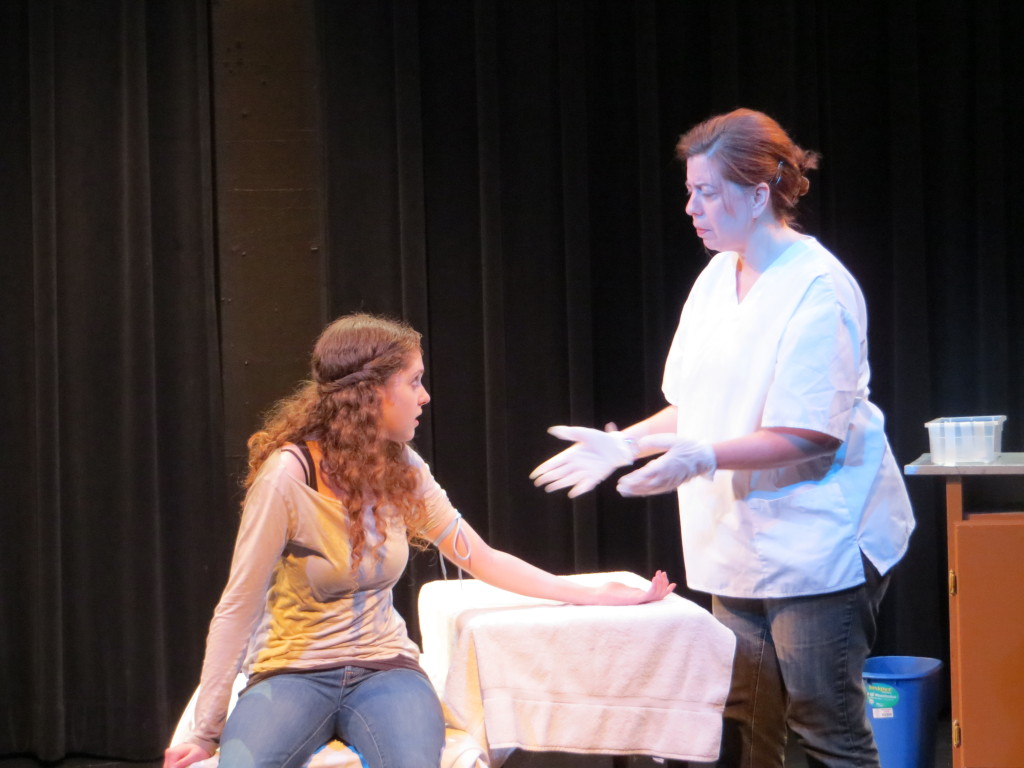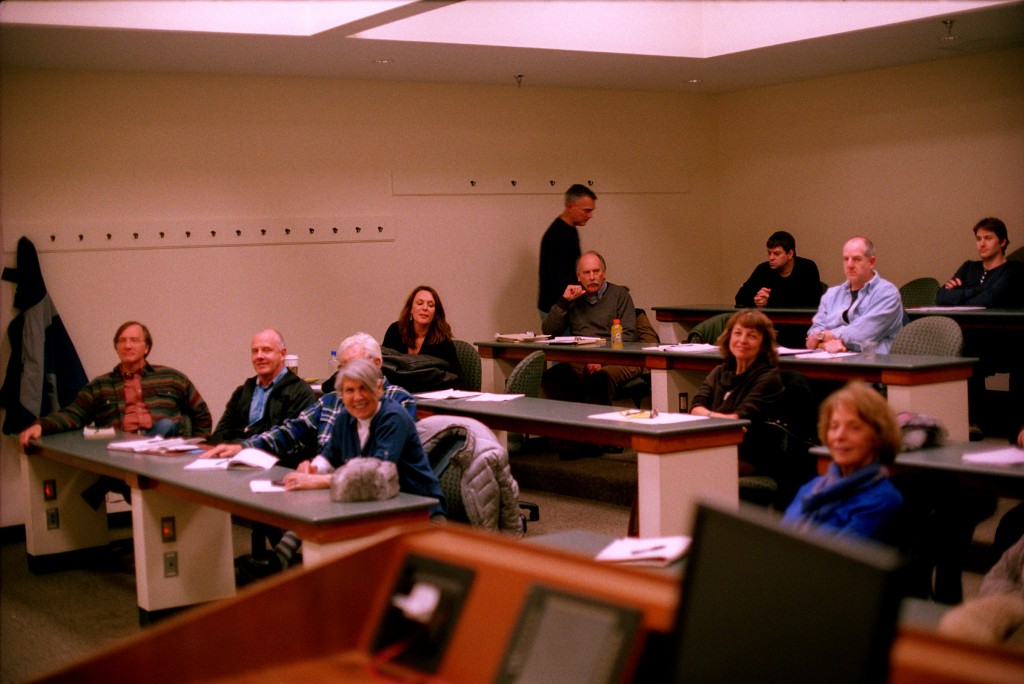The no thank you note said other things too. But two words stood apart:
“Please refrain.”
“In the future, please refrain from submitting your work…” was their fuller context.
Over the years I have been writing and submitting plays, I have received a few memorable replies beginning, “Congratulations!” Most, however, say, in so many words, thank you, but no thank you.

Rejection goes with the territory, I know. And I know it both from the artist’s and gatekeeper’s side of the gate. During stints at Long Wharf Theatre and Seattle Repertory Theatre, I churned out dozens of no thank yous by the day. Yet in thousands of thin envelopes sent and received, I have never used or seen a phrase quite like “Please refrain.”
Too fantastically tone deaf to take personally, too great a plot turn in one play’s epic journey, and too unmissable as subject for a reflection here, I replied, as I nearly always do: “Thank you for considering my work and for letting me know.” Then I wished them well, and left it at that.
But I didn’t leave off thinking about that phrase, until there formed in my mind three guiding principles for a graceful no:
1. Show gratitude and care
A play is, as any creative work is to its creator, like a beloved child. To the beholder, it may be an ugly child, an awkward child, a misfit, even offensive child. Yet, it is a child nonetheless, offered up by one who knows he must depend on others for it grow into the fullness he alone now sees. A graceful no shows gratitude and care for so precious a gift.
2. Acknowledge the inspiration and “general beauty”
Even the most crudely constructed piece of art had inspiration. It sprang from something that compelled an artist to create and share it with the world. William Ball, stage director and founder of the American Conservatory Theatre, spoke of the “general beauty” in all art. There may be little to applaud in the execution. Yet, there was always inspiration. Acknowledge that and the glimmer of general beauty.
3. Tread carefully on hope
Add my name to your do-not-pass-go list. Relegate my future submissions, unopened, to your recycling bin or junk mail file. Eventually, I will stop troubling you so. Yet, do not trifle with my hopes. The creative life is so rife with disappointments, hope (even the vain kind) is sometimes all that sustains. Tread carefully on it.
Here is the formula:
Dear [FirstName],
Thank you for sharing [PlayTitle] with us. We found it to be a [novel/creative/intriguing or some other generous adjective] treatment of [concept/issue or story-summarizing phrase]. While we will not be pursuing [PlayTitle] for [TheatreName], we wish you all success with it and your future work.
Sincerely,
[Signature]
[PrintedName+Title]
Please feel free to adapt and improve upon this template. Please refrain only from including phrases like, “please refrain.”







